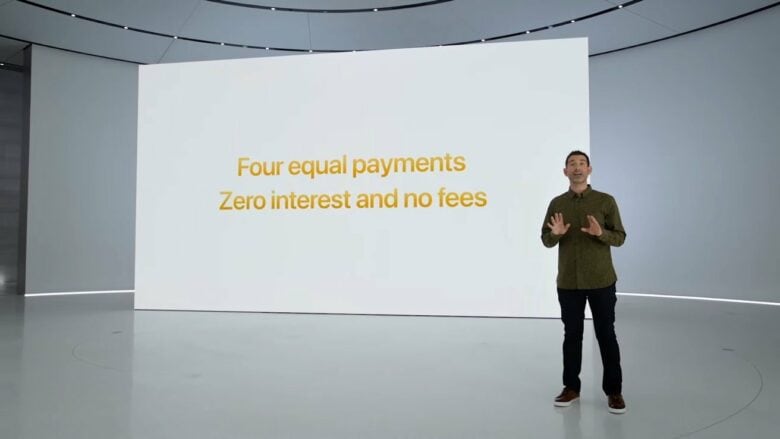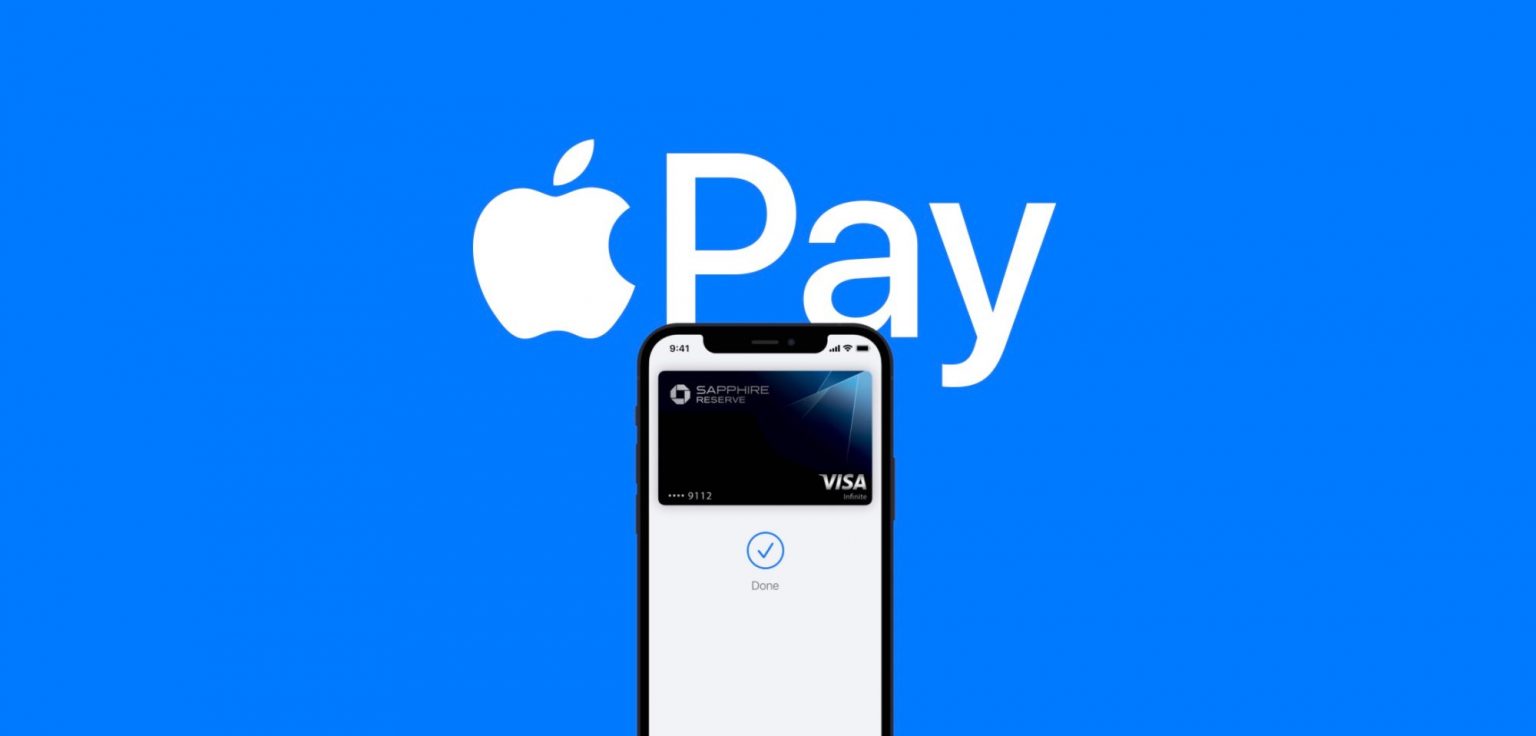When Apple said in July at WWDC22 it would launch Apple Pay Later with iOS 16, it effectively said it would enter the short-term loan business, known for “buy now, pay later” plans.
So it’s no big surprise that the Cupertino tech giant — accustomed to regulatory scrutiny in the U.S. and abroad — is now facing it from financial industry regulators.
But what’s somewhat surprising is that regulators are making noise about a host of concerns even before Apple Pay Later comes out.
Financial regulator lays out concerns over Apple’s planned Apple Pay Later purchasing plan
The director of the US Consumer Financial Protection Bureau (CFPB) said the agency has concerns about Apple Pay Later and other Big Tech forays into the “buy now, pay later” (BNPL) lending business.
It turns out CFPB is already looking at the BNPL market. It ordered five big players in the market — Afterpay, Affirm, Klarna, PayPal, and Zip — to submit detailed information to the agency. The information could end up informing legislative action.
And now CFPB Director Rohit Chopra has told the Financial Times that the regulator will “have to take a very careful look [at] the implications of Big Tech entering this space.”
He meant his remarks as a warning shot to Big Tech specifically because of Apple’s launch of its Apple Pay Later service, the publication said.
In response to questions about the Apple launch, Chopra noted the entry of any Big Tech firm into short-term lending “raises a host of issues.”
Apple Pay Later will let purchasers pay in four installments over six weeks rather than all at once — and at no extra charge. But despite the lack of fees and interest charges, Apple will still make money from the service. Consumers have been warned to use the feature with caution.
Since it initially planned the service, Apple decided to skip using a bank partner — previously expected to be Goldman Sachs — and said it plans to use your Apple ID history as one of its fraud-prevention tools.

Photo: Apple
Concerns around customer data
Concerns cut across antitrust, privacy, rising consumer debt. A main concern focuses on the gathering of customer data.
“Is it being combined with browsing history, geolocation history, health data, other apps?” he said. “Big Tech’s ambitions when it comes to ‘buy now, pay later’ are inextricably linked to the desire to dominate the digital wallet.”
“Any tech giant that has a lot of control over a mobile operating system is going to have unique advantages to exploit data and ecommerce more broadly,” he continued. Any such firm will keep pushing further into financial services, “to gain even deeper insights on consumer behavior.”
Big Tech firms offering financial services, like Alipay and WeChat Pay, already dominate the China market. Chopra said his concern is that such services “intrusively” gain an “extraordinary window” into consumer behavior.
“I generally worry that we are lurching toward that type of system,” he said. That suggests this could become another antitrust worry over market dominance.
The CFPB expect to publish its initial report on BNPL market players — prior to Cupertino’s market entry — in September.
Apple’s services, part of Apple Pay, let users split the cost of a transaction into four payments over a six-week period.


